Contents
Pagebreaks of the print version
Guide
PRAISE FOR ROLLING WARRIOR
AND JUDY HEUMANN
Any young person will find inspiration in her story to overcome whatever barrier comes their way and to realize their dreams just as she has. I only wished I had the chance to read her story when I was reaching for my dreams!
MARLEE MATLIN ,
Academy Awardwinning
actress and activist
For the first time, I see myself in someone else. Judys lifelong fight and fierce advocacy around disability justice have undeniably paved the way for me to achieve what I have today.... A must-read for all young people.
ALI STROKER ,
Tony Awardwinning actress
Fun, exciting, and honest. This isnt just a story that disabled children will love; its a story about what is possible when we fight for ourselves and each other. It is a story about how tenacity, strength, the power of community, and the willingness to fight for what matters can start a revolution.
KEAH BROWN ,
author of The Pretty One
Judys advocacy for disability rights began as a fight for her own future and then, as a leader of the movement, spanned the nation and the globe.
HILLARY CLINTON
I met Judy Heumann almost four decades ago, and her writing, activist skills, and kindness helped me to see this simple truth. Her life story as an activist will enlighten readers everywhere.
GLORIA STEINEM
A marvelous memoir by a disability hero who has paved the way for so many of us. This book will inspire a new generation of disability rights activists and guide future leaders as we work toward a barrier-free world.
HABEN GIRMA ,
author of the bestseller
Haben: The Deafblind Woman
Who Conquered Harvard Law
A powerful yet tender memoir from one of the most important figures in disability rights history. Judys story made me laugh, cringe, and perhaps most importantly, it lit a fire in me to fight harder for disability rights.
SHANE BURCAW ,
author of Laughing at My Nightmare
For everyone who cares about human rights around the world, Judith Heumanns moving story and message of belonging is also a powerful call to action.
YETNEBERSH NIGUSSIE ,
disability rights activist

To Marca Bristo, a dear friend,
and to the other relentless disabled warriors who
have passed on. Their legacies are living on as new
leaders take their rightful place in our movement
and continue to fight for equality.
JUDITH HEUMANN

To Julian, Oliver, and Olivia.
You amaze me every day.
KRISTEN JOINER
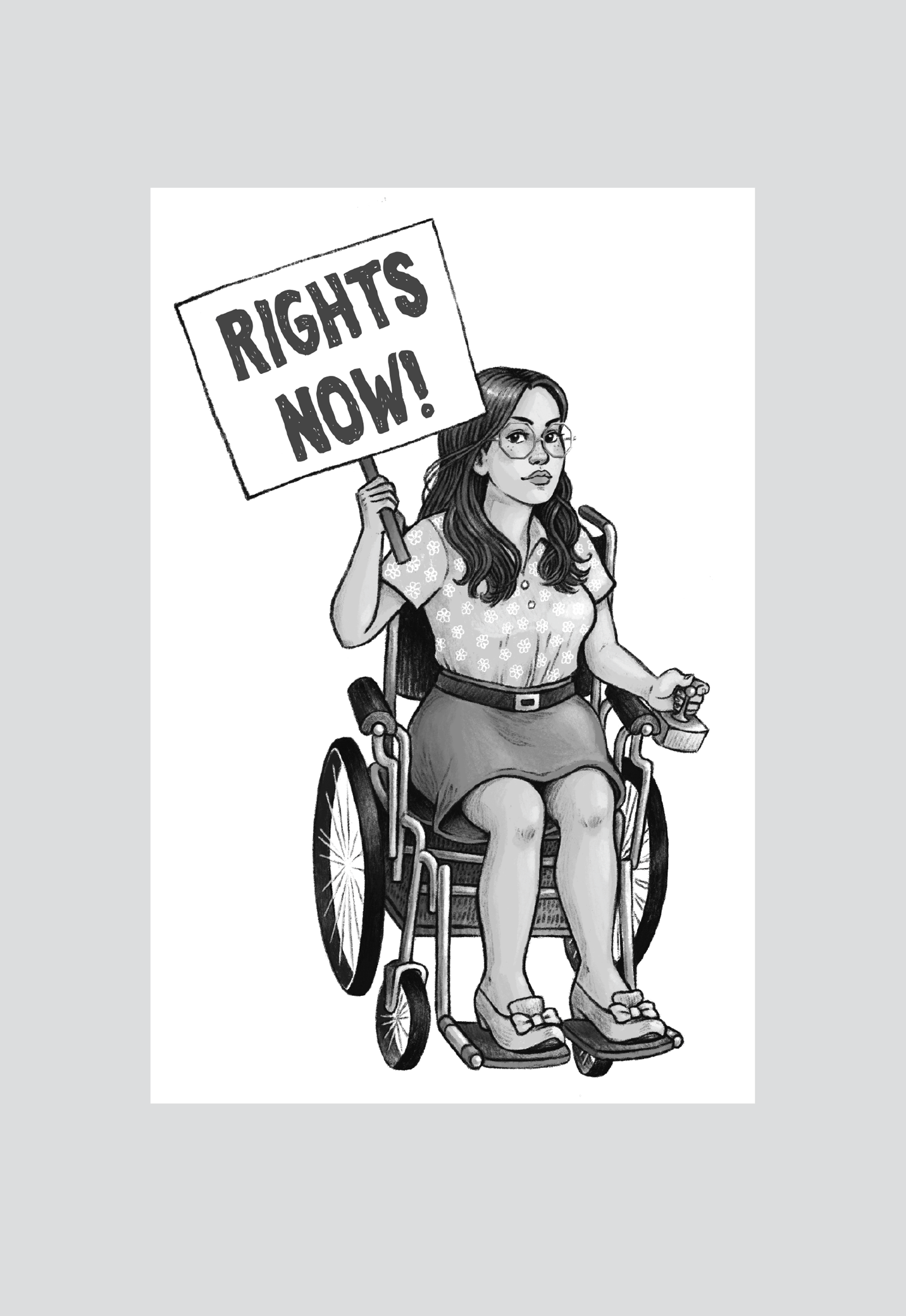
CIVIL RIGHTS , plural noun
1. the rights of citizens to political and
social freedom and equality.
Oxford English Dictionary
PROLOGUE
T he thing to know about me is this: if Id been born just ten years earlier and my parents hadnt left Germany when they did, I would have been killed by Nazis. Hitler considered us life unworthy of life.
If you were a young disabled child in Nazi Germany in the 1930s, the doctors recommended that your parents hand you over to a special childrens clinic where you were either starved or poisoned. When the Nazis expanded the program to include older disabled children, the doctors experimented with gassing them. Five thousand disabled kids were used as a means to test new innovative ways of killing masses of people. Which meant that we were the experiment for a campaign that was responsible for the systematic dehumanization and murder of almost twenty million people.
My Jewish grandparents sent my father away from Germany before World War II, when he was fourteen, to go live with his uncle and two brothers in Brooklyn. He never saw his parents again. But, in some way, he was the lucky one. My mother was only twelve when she was sent away to live with people shed never met before. She never saw her parents again either. I guess that my grandparents on both sides were worried enough about Hitler to send their kids away but didnt think it was going to get as bad as it did. A lot of people didnt know how bad it was going to get.
So you can see why, when I got sick at one year old and it became clear that I was never going to walk again and the doctor told my parents to put me in an institution, my parents were like, No way.
Institutionalization was the status quo for people with disabilities when I was a child in 1949. You basically got put in a building, looked after by nurses, and your parents werent even encouraged to visit you. There were all kinds of bad things happening in the institutions to people with disabilities, which nobody was talking about. It wasnt until I was in my twenties, in the 1960s, that it came out that disabled people were getting locked up, beaten, starved, and used like guinea pigs for medical experiments. We were considered mentally and physically defective. Disabled kids brought stigma to the family. People thought when someone in your family had a disability it was because someone had done something wrong.
Years later, when people would say that what we did changed the world, I said this: All we did was refuse to believe that we were the problem.
In order to understand what really happened, though, let me tell you a story about what the world was like thenbefore we mobilized our army, took over the San Francisco Federal Building, and faced down the US government.
So Ill begin at the beginning.
PART ONE

CHAPTER ONE

YELLING AT BLANK WALLS
I got sick when I was just eighteen months old.
Polio is a virus, kind of like the flu. Most people who get it are fine after a week or two, but some end up paralyzed and not able to move. I was one of the paralyzed people. When I got better and the polio was out of my system, I still couldnt move my legs or lift my arms.
Well, actually, thats not entirely true. I can lift my arms a little, just not very far. I can lift a glass and drink out of it. I can hold a fork and feed myself. I can dial numbers on my phone, type on my computer, and move my baby toe. All the important things.
Here is what I cant do: I cant go to the bathroom by myself. I cant dress myself, and I cant walk. I use a wheelchair to get around.
I was born just after World War II ended. Back then, there were several polio epidemics. Everyone was scared of catching it. People didnt know how it was spread, and there was no vaccine yet, so lots of kids got sick. Nowadays, most people get a shot for it, which is why hardly anyone gets it anymore.

Me when I was little
For me, polio was no big deal. I was so little I dont remember feeling sick and I dont remember ever not using a wheelchair.

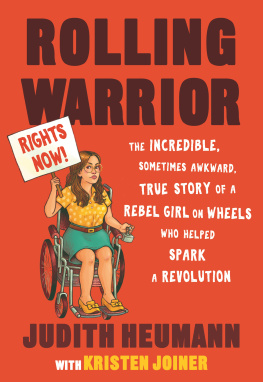
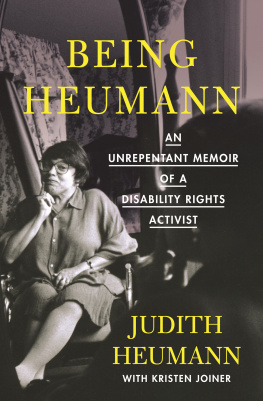

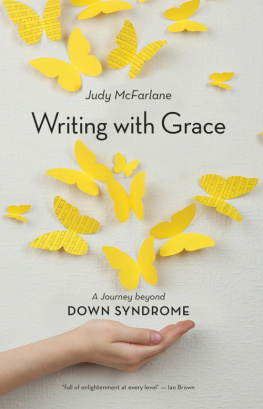
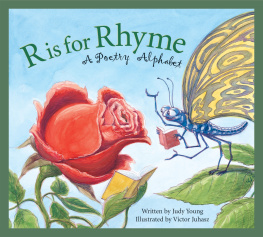
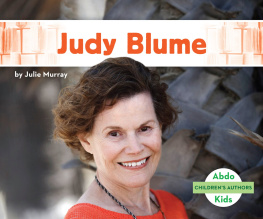
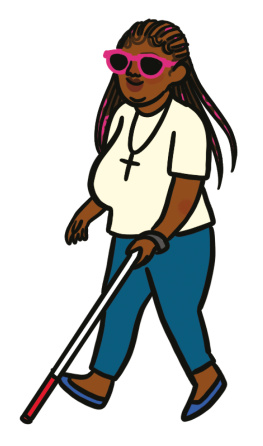
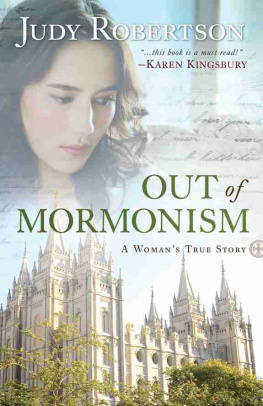
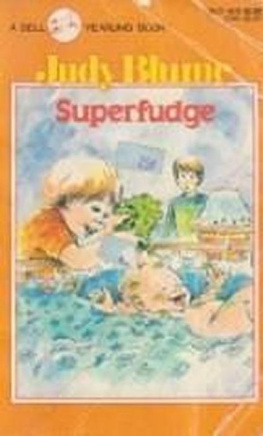
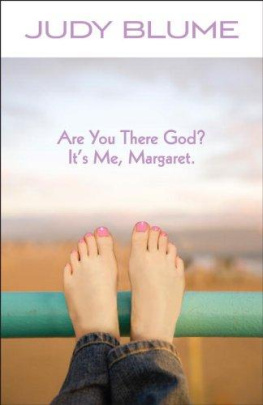




 CHAPTER ONE
CHAPTER ONE 